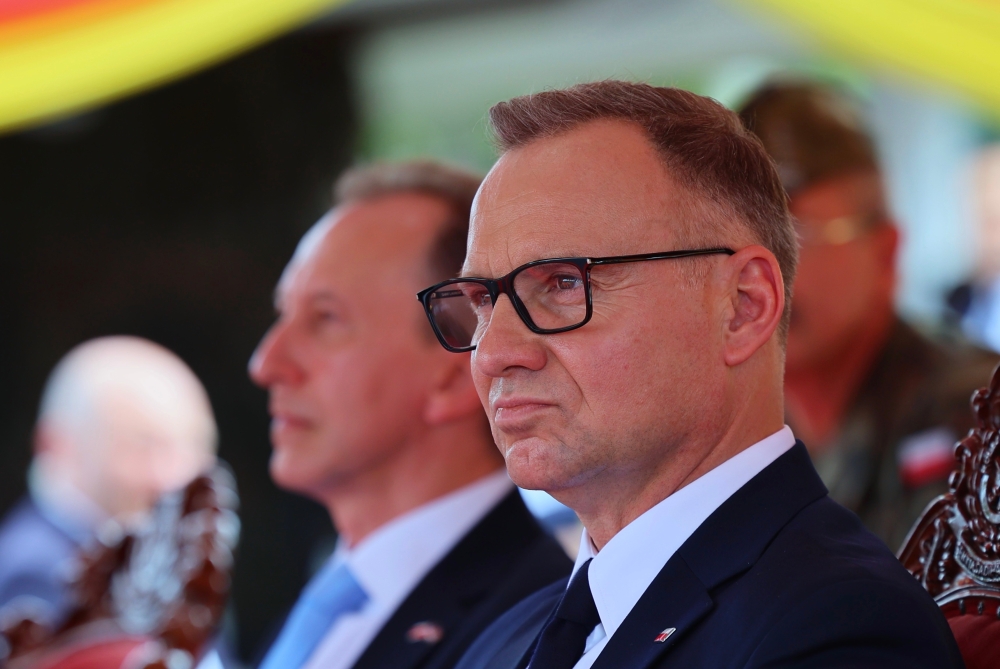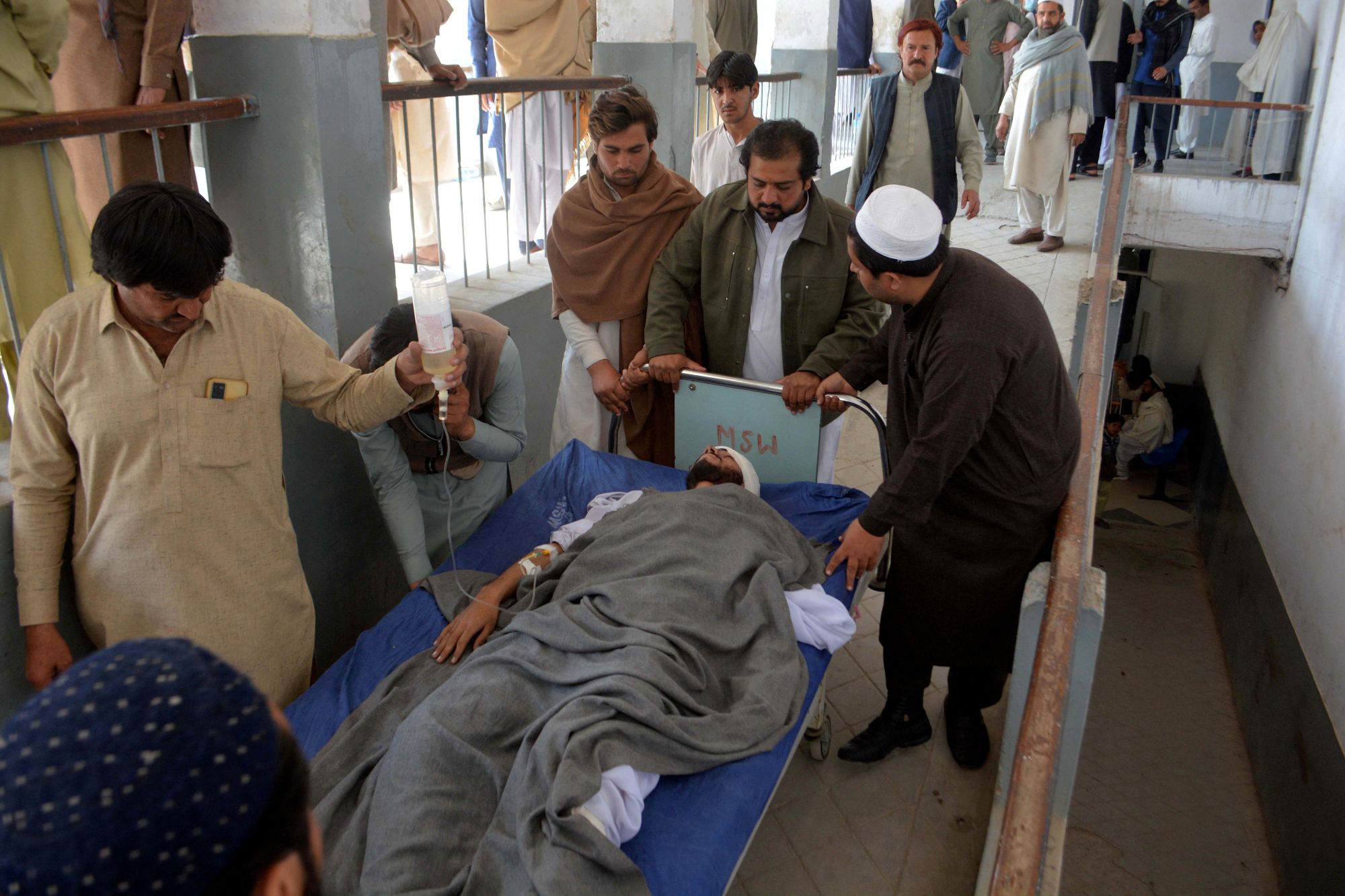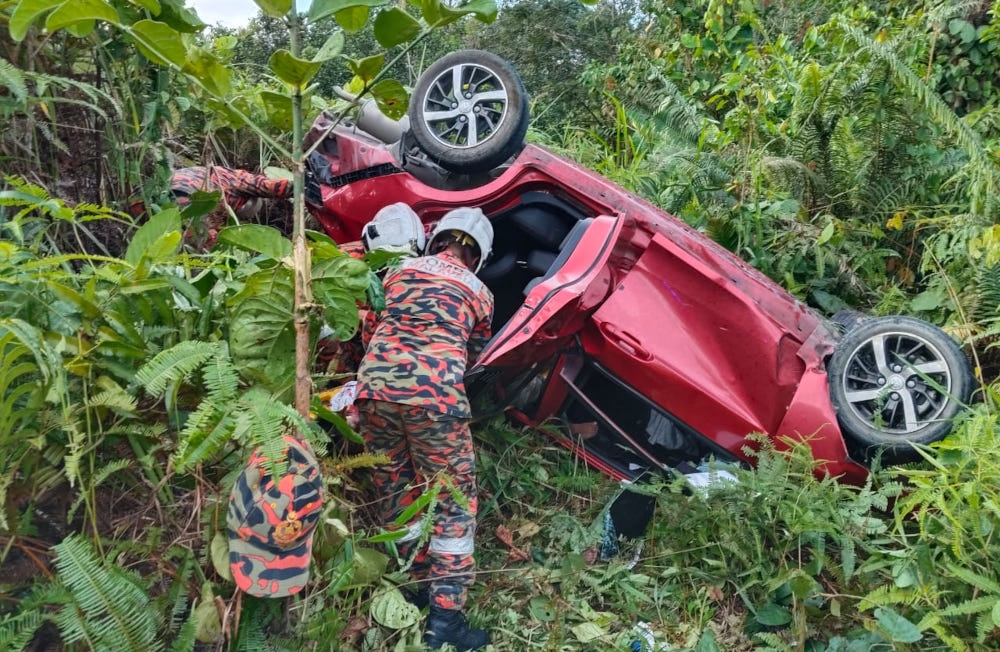KUALA LUMPUR, June 11 — Medium-sized nations such as Poland and Malaysia could play a more assertive role in shaping a more equitable global order based on collective security and multilateralism amid growing geopolitical tensions, Polish President Andrzej Duda said.
Speaking at a public lecture in Kuala Lumpur on Wednesday, Duda said that while Poland and Malaysia are neither global powers nor small states, both have the responsibility and potential to contribute meaningfully to international affairs.
“Security today is not a choice — it is a necessity. Poland, as a country located on the eastern flank of the European Union and Nato, recognises threats but also sees opportunities from joint actions.
“We oppose a return to the politics of spheres of influence. History shows that this only leads to wars and destabilisation.
“The international system should enable us to fully participate in the global dialogue,” he said, during a public lecture titled “Poland’s Position in the EU: Challenges and Choices” at the Asia-Europe Institute (AEI) of Universiti Malaya (UM) on Wednesday.
Duda, who assumed office in August 2015, is on his inaugural three-day official visit to Malaysia from June 9 to 11.
Also present during the public lecture were Malaysia’s Minister of Health, Datuk Seri Dzulkefly Ahmad representing the Malaysian government, Polish Ambassador to Malaysia Krzysztof Dobrowolski, and UM Deputy Vice-Chancellor (Student Affairs) Professor Dr Zamri Radzi, who represented UM Vice-Chancellor Datuk Seri Ir Dr Noor Azuan Abu Osman.
Duda praised Malaysia’s leadership as Asean Chair, highlighting its role in promoting dialogues, peaceful conflict resolutions, and sustainable development.
He said both Poland and Malaysia share common interests in defending sovereignty, advancing diplomacy, and supporting a more inclusive global system.
“Medium-sized states may lack dominant military power or global political reach. But they possess something equally important; the ability to influence international processes through active diplomacy, peace-building initiatives, strengthening multilateralism, and promoting a rules-based order,” he said.
Duda added that countries such as Poland and Malaysia can act as “constructive advocates” for states that reject both domination by major powers and the marginalisation of smaller actors.
“Our agency does not stem from military strength but from activity, responsibility, and consistency in international efforts,” he said.
Looking ahead, the president said Poland is eager to expand cooperation with Asean countries, particularly Malaysia, in areas such as education, defence, technology, and institutional reform.
He also voiced support for reforming global institutions such as the United Nations (UN) to better reflect present-day realities and ensure genuine participation by all countries regardless of size.
“Poland and Europe are open to cooperation with Asean countries. I believe this cooperation will bring tangible benefits to both sides — and that today’s meeting is yet another step in that direction,” he said.
Duda’s visit coincides with Malaysia’s Asean Chairmanship and Poland’s Presidency of the Council of the European Union in the first half of 2025. — Bernama







